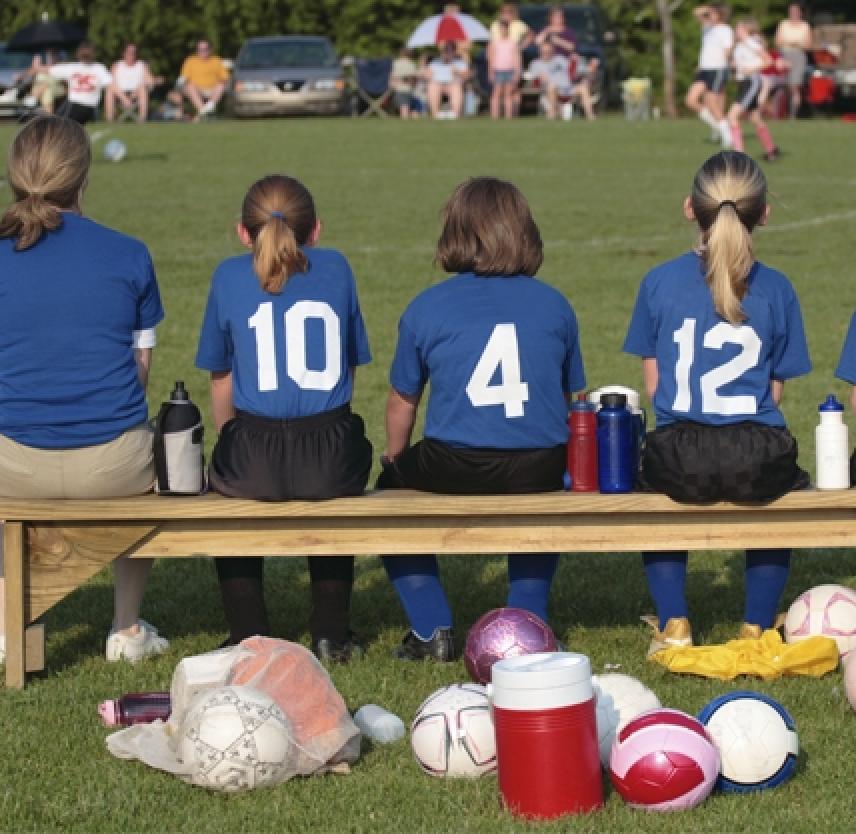
What is a concussion?
A concussion is a type of brain injury that changes the way the brain normally works. A concussion is caused by a bump, blow, or jolt to the head. Concussions can also occur from a blow to the body that causes the head and brain to move rapidly back and forth. Even what seems to be a mild bump to the head can be serious. Concussions can have a more serious effect on a young, developing brain and need to be addressed correctly.
What are the signs and symptoms of a concussion?
You can’t see a concussion. Signs and symptoms of concussion can show up right after an injury or may not appear or be noticed until hours or days after the injury. It is important to watch for changes in how your child or teen is acting or feeling, if symptoms are getting worse, or if s/he just “doesn’t feel right.” Most concussions occur without loss of consciousness.
If your child or teen reports one or more of the symptoms of concussion listed below, or if you notice the symptoms yourself, seek medical attention right away. Children and teens are among those at greatest risk for concussion.
Signs observed by parents or guardians:
- Appears dazed or stunned
- Is confused about events
- Answers questions slowly
- Repeats questions
- Can’t recall events prior to the hit, bump, or fall
- Can’t recall events after the hit, bump, or fall
- Loses consciousness (even briefly)
- Shows behavior or personality changes
- Forgets class schedule or assignments
Symptoms reported by your child or teen:
Thinking/Remembering:
- Difficulty thinking clearly
- Difficulty concentrating or remembering
- Feeling more slowed down
- Feeling sluggish, hazy, foggy, or groggy
Physical:
- Headache or “pressure” in head
- Nausea or vomiting
- Balance problems or dizziness
- Fatigue or feeling tired
- Blurry or double vision
- Sensitivity to light or noise
- Numbness or tingling
- Does not “feel right”
Emotional:
- Irritable
- Sad
- More emotional than usual
- Nervous
Sleep*:
- Drowsy
- Sleeps less than usual
- Sleeps more than usual
- Has trouble falling asleep
*Only ask about sleep symptoms if the injury occurred on a prior day.
What should I do if my child or teen has a concussion?
1. Seek medical attention right away. A health care professional experienced in evaluating for concussion can determine how serious the concussion is and when it is safe for your child or teen to return to normal activities, including physical activity and school (concentration and learning activities).
2. Help them take time to get better. If your child or teen has a concussion, her or his brain needs time to heal. Your child or teen may need to limit activities while s/he is recovering from a concussion. Exercising or activities that involve a lot of concentration, such as studying, working on the computer, or playing video games may cause concussion symptoms (such as headache or tiredness) to reappear or get worse. After a concussion, physical and cognitive activities—such as concentration and learning—should be carefully managed and monitored by a health care professional.
3. Together with your child or teen, learn more about concussions.
Talk about the potential long-term effects of concussion and the dangers of returning too soon to normal activities (especially physical activity and learning/concentration). For more information about concussion and free resources, visit: www.cdc.gov/Concussion.
Source: U.S. Department of Health and Human Services and the Centers for Disease Control and Prevention. www.cdc.gov.
